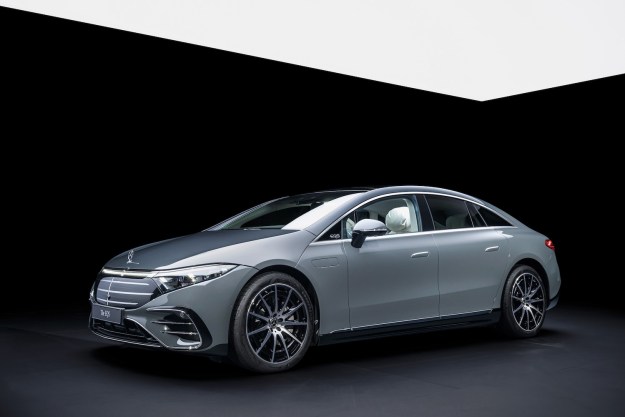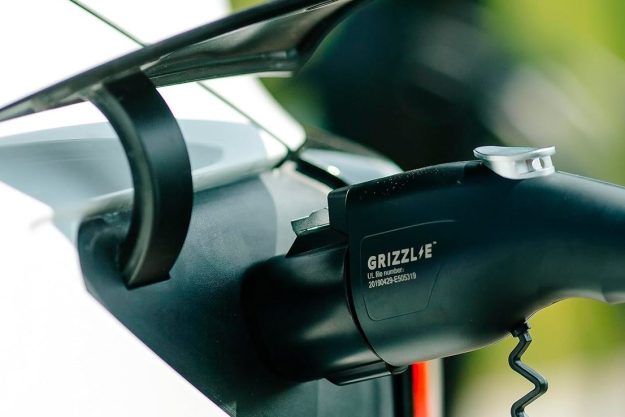 Would you buy your next car from a person, or a machine? According to a new study conducted by Cisco Systems, it might just be time to throw a cheap tie on HAL 9000.
Would you buy your next car from a person, or a machine? According to a new study conducted by Cisco Systems, it might just be time to throw a cheap tie on HAL 9000.
Cisco’s Customer Experience Report claims that car buyers think tech will make their purchasing experiences better, and they’re willing to sacrifice some privacy – and some times a lot of privacy – to make that happen.
The study, which involved 1,514 consumer respondents in 10 countries, indicates that customers would consider using tech to buy cars and arrange dealer servicing, and that they would be willing to give carmakers personal data if it provided some benefit.
A global average of 83 percent said they prefer researching a car purchase online to going to a dealer in person or calling one. Buyers in the United States tend to use third party websites, while buyers in newer car markets like Brazil and India tend to trust manufacturer’s sites.
Once they get to a dealership, survey respondents said they would be comfortable using tech to purchase a car, even if human salespeople are available.
A global average of 50 percent said they would prefer using an interactive kiosk, even if they had the option of talking to a person, while 55 percent said they would be comfortable using video conferencing for the entire purchasing process.
The same is true of dealer servicing. An average of 64 percent of respondents said they would use a fully-automated dealership to service their cars.

How will dealers know what customers want without interacting with them? The answer, according to Cisco, is data.
Sixty-two percent of study respondents said they want “a device on their car that tracks their budget for gas mileage and auto maintenance,” and 52 percent want their car to monitor gas prices.
Once cars are able to collect data, respondents said they would also be willing to share it with carmakers and insurance companies.
A global average of 74 percent would allow their driving habits to be monitored in exchange for insurance or service savings, and 65 percent would share the same information, along with their entertainment preferences and even their height and weight to create a “more custom driving experience.”
In addition, an average of 60 percent of respondents said they would give car companies biometric data, such as fingerprints, to increase their cars’ security.
Andreas Mai, director of product marketing for Cisco’s Industries Group, said carmakers could use this data to improve vehicle designs and customer service, while customers themselves will be able to take advantage of discounts.
“The consumer will have a choice,” he said. Electing to share data would theoretically be tied to a tangible payback like an insurance discount.
Progressive already markets such an offer under its Snapshot program. Participants plug a device into their car’s OBDII port, and the data is sent via cell signal for analysis and a potential discount.
Although the OBDII connection can monitor virtually any vehicle system, Progressive only bases its discounts on when a person drives, how far they drive, and how forcefully they brake.
With enough data, an insurance company could make a more accurate risk assessment, but drivers would also sacrifice their privacy (and possibly their policies) in the process. They’ll have to decide which is more important.
Are Big Data and automation the future of car buying? What would you be willing to tell carmakers and insurance companies in order to save money? Tell us in the comments.
(Images © 2003-2013 Shutterstock, Inc. All rights reserved.)


